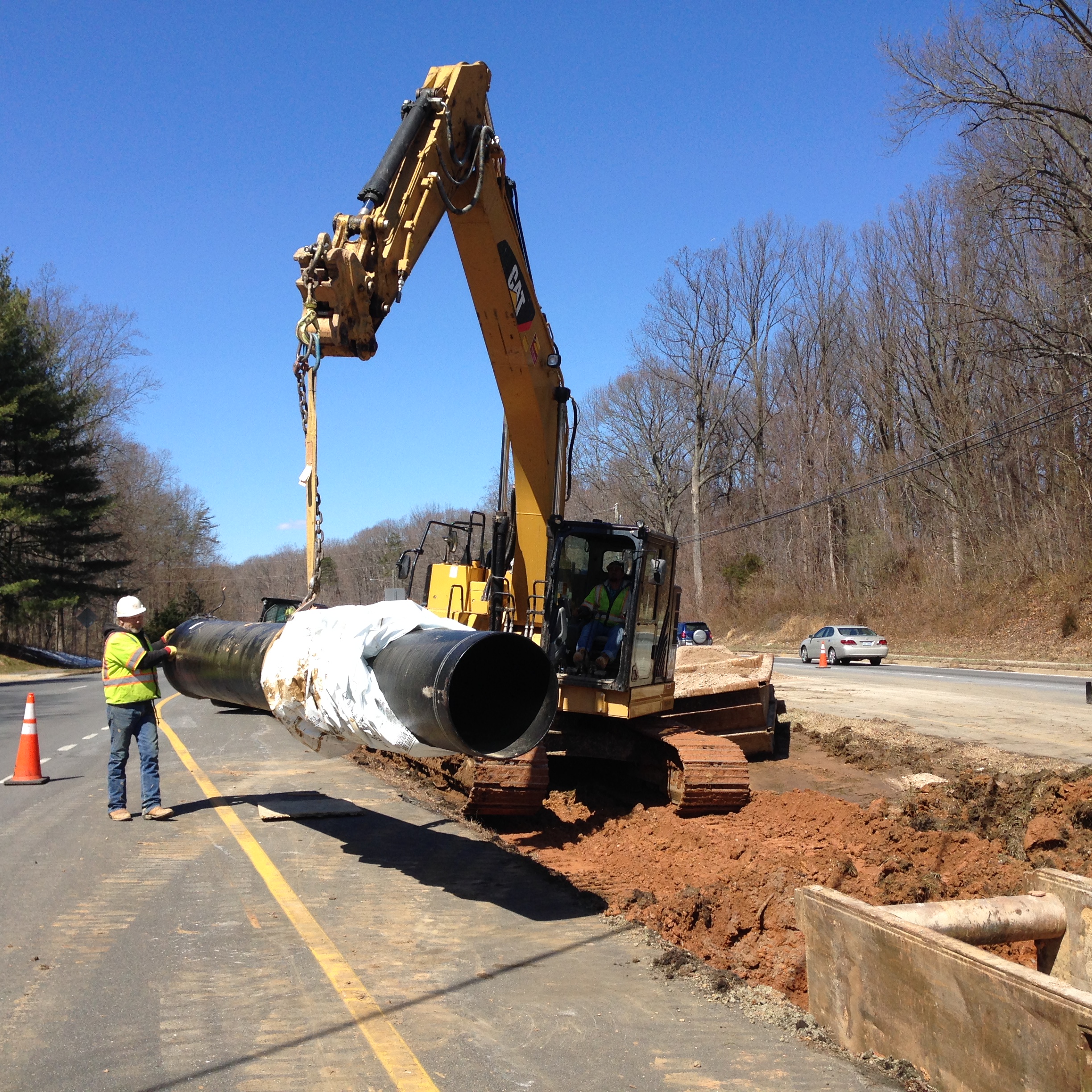EPA Releases Updated Clean Water Act Financial Capability Assessment Guidance
 On February 1, EPA released its final updated Clean Water Act Financial Capability Assessment (FCA) Guidance to “help communities ensure public health protections and financial feasibility as they work to comply with the Clean Water Act (CWA).” When discharges from municipal wastewater treatment facilities violate the CWA, EPA sets a schedule for the municipality to implement control measures to address the discharges as soon as possible. The FCA Guidance outlines strategies for communities to follow to support affordable rates while planning investments in water infrastructure.
On February 1, EPA released its final updated Clean Water Act Financial Capability Assessment (FCA) Guidance to “help communities ensure public health protections and financial feasibility as they work to comply with the Clean Water Act (CWA).” When discharges from municipal wastewater treatment facilities violate the CWA, EPA sets a schedule for the municipality to implement control measures to address the discharges as soon as possible. The FCA Guidance outlines strategies for communities to follow to support affordable rates while planning investments in water infrastructure.
- Looks at ways to lower costs of compliance and reduce or mitigate the financial impact of water service costs on a community’s low-income households when setting schedules for implementing control measures related to CWA violations or when making certain WQS decisions for public entities.
- Considers households with incomes in the lowest quintile and other poverty factors affecting communities.
- For schedule development, provides a second option for assessing financial capability through a dynamic financial and rate model that looks at the impacts of rate increases over time on utility customers.
- Outlines strategies that municipalities can employ to reduce costs and relieve the burden on low-income residents while ensuring clean water for residents. Tools such as variable rate structures, consumer assistance programs, and grants or subsidies from the Clean Water State
Revolving Fund are some of the tools outlined in the guidance. - Strongly encourages additional subsidy or grant consideration from governmental funding sources for entities that are seeking extended schedules due to financial capability constraints.
- Provides general CWA compliance schedule benchmarks up to 20 years for high financial impacts, or up to 25 years for unusually high impacts, after consideration of financial alternatives.
- Explains how an FCA would apply to proposed decisions on WQS variances and antidegradation reviews that rely on economic demonstrations. In appropriate cases, these methodologies may also inform decisions about revisions to designated uses, subject to additional analyses.
The FCA Guidance is not legally binding and is meant to be a starting point for negotiations. The updated guidance supersedes the 1997 Guidance for Financial Capability Assessment and Schedule Development. EPA released a corresponding fact sheet and a question and answers document.

